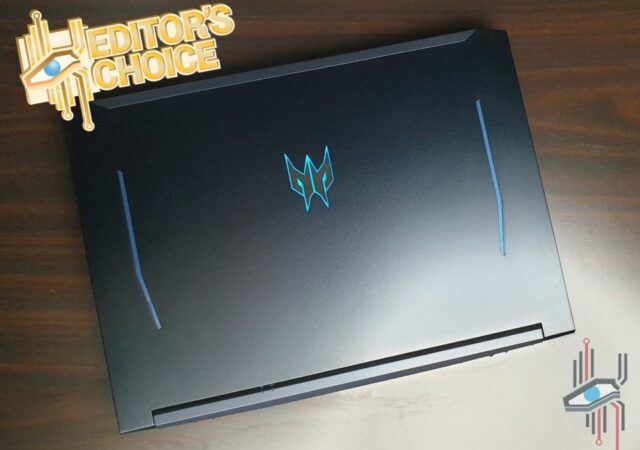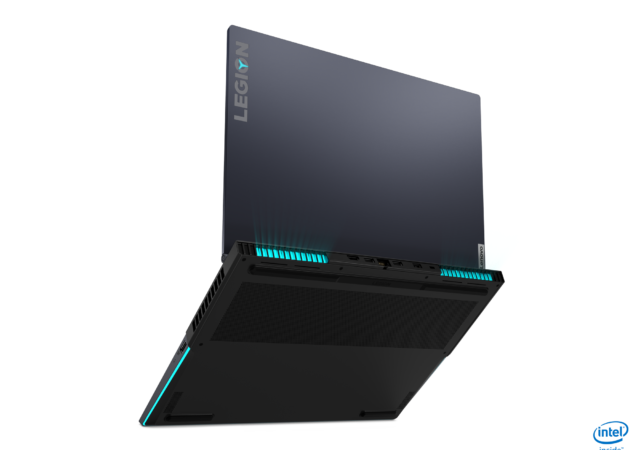The Acer Predator Helios 300 with RTX 2060 is now here for MYR 5,199. Is it just the best value gaming in 2020? We recon, and we reviewed!
Lenovo Legion to Add Two More in Their Line-up – Lenovo Legion 7i and Legion 5i
The Lenovo Legion gaming notebook PC line-up is going to get more crowded with the new Lenovo Legion 7i and 5i. They are thinner and just as powerful. Prices start from US$ 999 and US$ 1,199.




